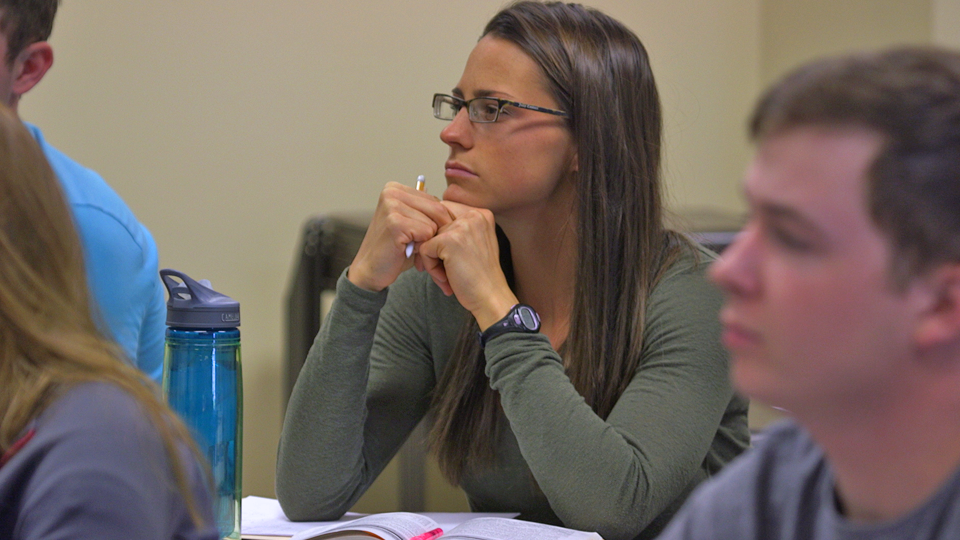
News Roundup: Sociopolitical Learning
This week, the focus is on how we can help our students become engaged citizens through effective instruction. Plus, educators encourage students to examine the literary heroes of the past and the robot TAs of the future.
Sign up for The ‘Q’ Newsletter for the latest news and insights about higher education teaching and learning.
In a year where the norms of political discourse have been stretched, political science professors are conflicted about how to strike an appropriate balance when discussing the election in their classroom. (Chronicle of Higher Ed)
Colleges and universities are offering students a range of civic learning experiences, from voter registration drives to national debate-watch events. (Inside Higher Ed)
Joshua Kim writes that the higher education community isn’t talking about many teaching and learning innovations happening around the country. He asks readers to share their ideas for getting the word out. (Inside Higher Ed)
Cognitive scientists have largely debunked the idea that there is such a thing as an average brain. One Harvard professor is on a mission to help educators value “patterns of individuality” when creating learning experiences for students. (EdSurge)
Small interventions can help underperforming college students thrive in the classroom and even rethink their place in the world, writes David Kirp. (The New York Times)
As seven small, selective, and largely white college campuses appoint their first black presidents, students and faculty hope the new leadership leads to increased diversity across campus. (The Hechinger Report)
Two English professors blend creativity and scholarship through a new exhibition that compares literary greats William Shakespeare and Jane Austen. (The Washington Post)
A Georgia Tech professor has made waves with his experiment of using a robotized teaching assistant in the classroom—and raised questions about the use of artificial intelligence in higher education. (The Chronicle of Higher Education – Paywall)

